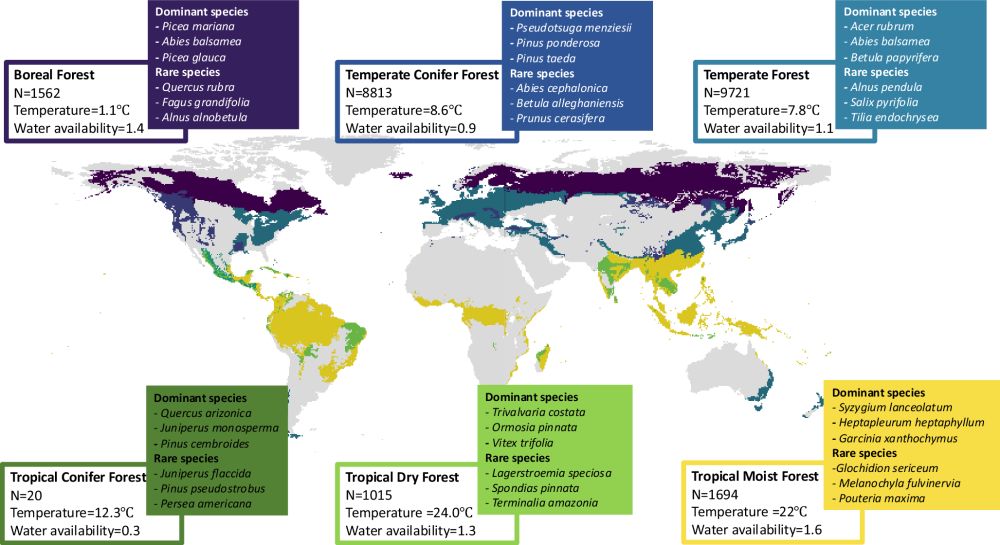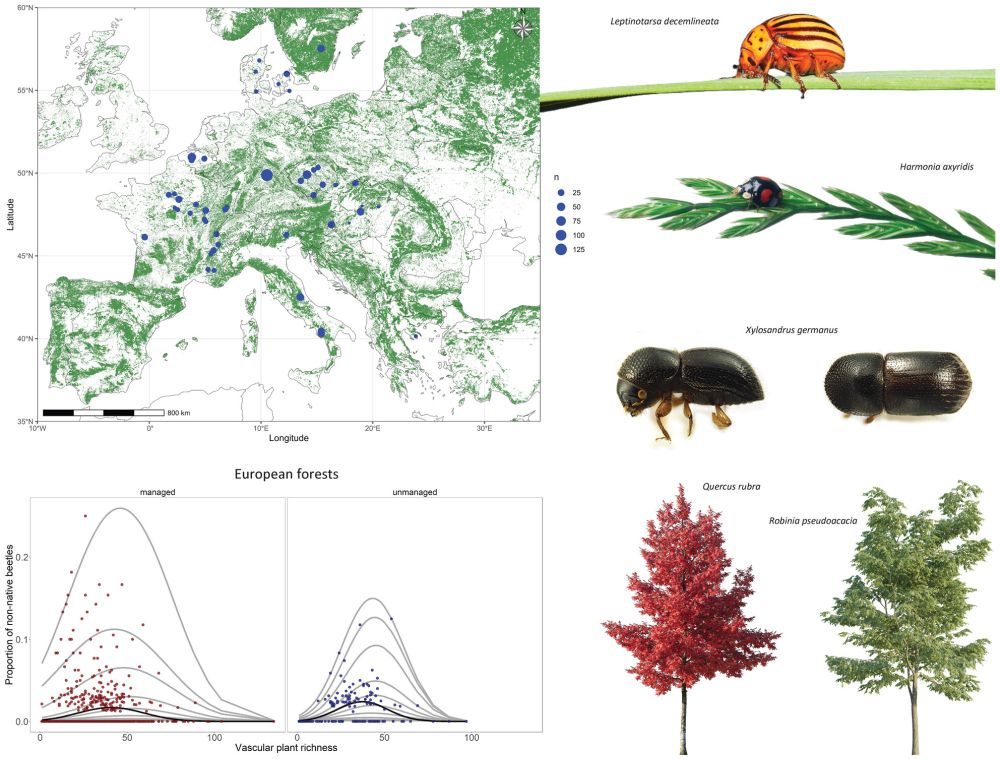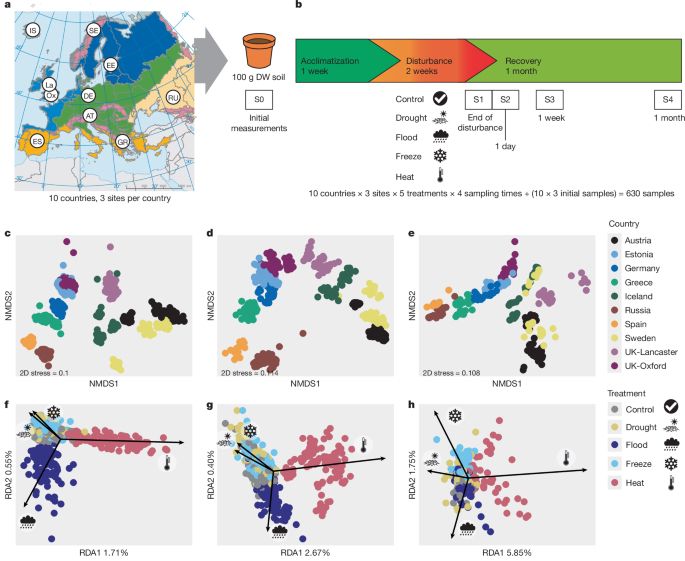Sebastian Kepfer Rojas
@sebastiankpr.bsky.social
370 followers
240 following
10 posts
Forest and landscape ecologist. Associate Professor at University of Copenhagen.
Posts
Media
Videos
Starter Packs
Reposted by Sebastian Kepfer Rojas
Iris Hordijk
@iris-hordijk.bsky.social
· May 23

Effect of climate on traits of dominant and rare tree species in the world’s forests
Nature Communications - Species’ traits and environmental conditions determine the abundance of tree species across the globe. Here, the authors find that dominant tree species are taller and...
rdcu.be
Reposted by Sebastian Kepfer Rojas
Reposted by Sebastian Kepfer Rojas
Reposted by Sebastian Kepfer Rojas






